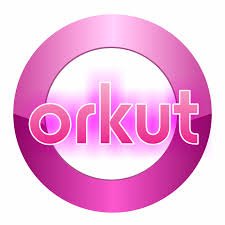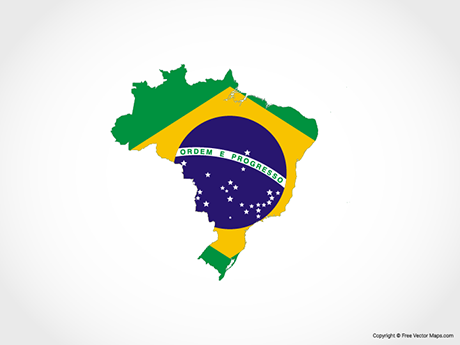
In the age of Facebook, Instagram, and TikTok, it’s easy to forget that one of the earliest giants of social networking wasn’t any of these platforms—it was Orkut. Launched in 2004 by Google and named after its creator, Orkut Büyükkökten, Orkut.com was one of the earliest attempts to bring people together online through shared interests and digital communities. While its legacy may have faded, Orkut’s story provides important lessons on cultural relevance, user experience, and the fast-evolving digital landscape.
A Platform Ahead of Its Time
Orkut’s premise was simple yet powerful: connect people based on communities of interest. Unlike the friend-focused networks that dominate today, Orkut emphasized group discovery. Users could search for communities using keywords, browse descriptions, and explore groups through their friends’ memberships. Just four months after launch, it hosted over 50,000 communities. Within a year, that number skyrocketed to 1.5 million.

What made Orkut truly compelling—especially in its early days—was its exclusivity. It was invite-only, lending it an air of prestige, particularly among tech professionals and students. Being on Orkut meant you were digitally savvy and likely well-connected in the tech world. This strategy, combined with Google’s strong brand reputation, created instant buzz and credibility.
The Brazilian Connection
Perhaps Orkut’s most intriguing chapter played out in Brazil, where it became a national sensation. At its peak, 90% of Orkut’s page views came from Brazilian users. The platform aligned perfectly with Brazil’s digitally enthusiastic culture. As one of the largest online markets in the world—with more cell phones than people and a ban on outdoor advertising—Brazil was ripe for an online social revolution.

Brazilians’ affinity for social media, online shopping, and peer recommendations gave Orkut a competitive edge. More than just a social space, it became a place for product discovery, community-driven marketing, and even grassroots brand advocacy. 77% of Brazilian social media users expressed a positive attitude toward online shopping, and many relied on social networks like Orkut for product research and reviews.
What Went Right
Several features contributed to Orkut’s early success:
- Clean and simple user interface: Easy navigation and a sophisticated look set it apart.
- Community-driven discovery: Users could connect through schools, workplaces, or shared interests.
- Gamified social validation: Users could rate each other on being “cool,” “trustworthy,” or “sexy,” adding a playful, competitive edge.
- Privacy-first approach: Orkut prioritized user control and transparency long before data privacy became a widespread concern.
What Went Wrong
Despite its early dominance, Orkut failed to evolve with user expectations and cultural shifts. Brazil’s social media users began to demand more interactive features—particularly online video, blogging, and social gaming. Orkut, by contrast, struggled with:
- Technical limitations: Users faced frequent blockages, limited friend lists, and slow media loading.
- Lack of innovation: While newer platforms embraced multimedia content and cross-platform integration, Orkut remained static.
- Cultural mismatch over time: When the platform stopped reflecting the needs and behaviors of its core audience, users naturally migrated to more dynamic platforms like Facebook.
A Legacy That Lives On

Orkut officially shut down in 2014, but its impact lingers. It was a testbed for ideas we now see refined in modern social media: community-centered networking, peer recommendations, and region-specific engagement strategies. Importantly, Orkut illustrated that success in social media isn’t just about technology—it’s about aligning with the cultural habits and values of users.
Brands looking to enter international markets today can still learn from Orkut’s story. In Brazil, that means tapping into digital video, creating space for meaningful engagement, and understanding how online behaviors reflect cultural identity.
In the end, Orkut wasn’t just a website—it was a digital cultural movement. Its brief but brilliant reign reminds us that even the most innovative platforms must continually adapt or risk becoming digital history.


Leave a Reply